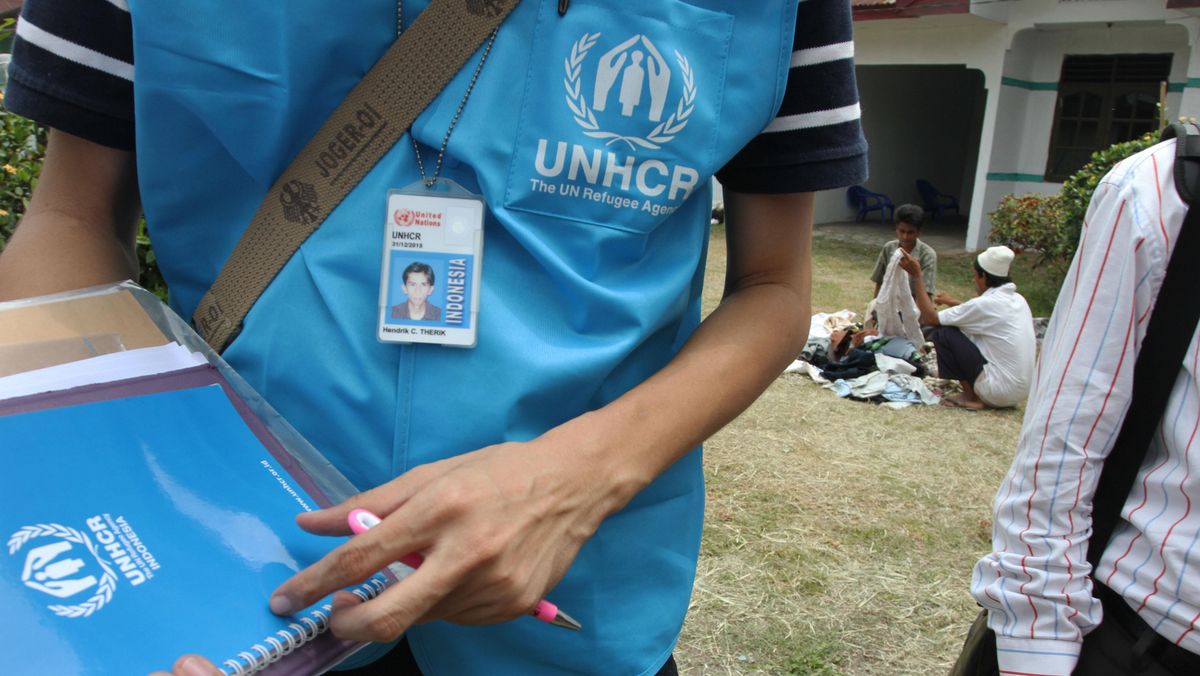On Tuesday, Health and Human Services Secretary Robert F. Kennedy Jr. stated that the CDC will no longer recommend COVID-19 vaccinations for pregnant people and healthy children. A mere two days later, the CDC seemingly contradicted that advice with its newly updated Child and Adolescent Immunization Schedule, incorporating language on what it calls "shared clinical decision-making" for children aged 6 months to 17 years who are not moderately or severely immunocompromised.
"Shared clinical decision-making vaccinations are individually based and informed by a decision process between the health care provider and the patient or parent/guardian," states the CDC. "Where the parent presents with a desire for their child to be vaccinated, children 6 months and older may receive COVID-19 vaccination, informed by the clinical judgment of a healthcare provider and personal preference and circumstances."
This means that health insurance providers will still be required to cover the COVID-19 vaccinations for kids in this age group. According to the New York Times, this also means the shots will continue to be available to the 38 million low-income children under the Vaccines for Children program.
But what about pregnant people? According to the NYT, the CDC's official position is "no guidance." This contradicts a still-live CDC web page updated Sept. 10, 2024, stating that pregnant people are at increased risk for COVID-19 and resulting complications such as preterm birth or stillbirth. That same web page also states that COVID-19 vaccination during pregnancy is safe and effective and that these vaccines are not associated with fertility problems in women or men.
What RFK Jr. had to say
In a shift to federal public health guidance, Health and Human Services Secretary Robert F. Kennedy Jr. announced on May 27 that the Centers for Disease Control and Prevention will no longer encourage COVID-19 vaccinations for pregnant people and healthy children. The pivot, shared by Kennedy in a 58-second video posted to X, formerly Twitter, marks a significant departure from the CDC's stance just two weeks ago, when it reiterated the importance of high-risk groups, which included expecting parents.
"I couldn't be more pleased to announce that as of today, the COVID vaccine for healthy children and healthy pregnant women has been removed from the CDC recommended immunization schedule," Kennedy said, flanked by Jay Bhattacharya, director of the National Institutes of Health, and FDA Commissioner Marty Makary.
The trio framed the decision as a return to evidence-based policymaking. Makary said "no evidence" supports that healthy children benefit from routine COVID vaccination, while Bhattacharya called the update "common sense and good science."
The update comes just after a similar policy announcement from the Trump administration, which last week stated it would no longer recommend annual COVID shots for younger adults and children. Instead, older adults (65 and up), and anyone over six months with underlying conditions like diabetes, obesity, chronic respiratory diseases or cancer will be prioritized in vaccination efforts.
Meanwhile, pregnant people appear to have been reclassified under RFK Jr.'s guidance and are no longer encouraged to get COVID-19 vaccines.
The CDC's Advisory Committee on Immunization Practices is scheduled to meet on June 25 to finalize COVID-19 vaccine recommendations for this fall.
What does this new COVID-19 vaccine guidance mean for families?
The new CDC versus RFK Jr. guidance may leave parents or pregnant people wondering how to move forward. While the change reflects a broader approach based on individual risk assessment, it also places more responsibility on families to navigate complex medical decisions without the same level of clear federal direction.
The new CDC guidelines state that children 6 months and older may receive the COVID-19 vaccination as long as a healthcare provider and parent agree.
The guidance is more unclear for pregnant people. This change reopens the debate about whether vaccination during pregnancy remains a protective measure or an unnecessary risk.
What should you do now?
Here are a few tips for navigating the latest vaccine guidance changes and making the most informed decisions for yourself and your family.
Talk to your doctor
Any medical decisions, especially during pregnancy and for young children, should be consulted with your primary care provider or OB-GYN. They can help you determine individual needs and risks.
Assess your risk factors
The COVID-19 vaccination guidelines state that it is "especially important to get your 2024-2025 COVID-19 vaccine if you're ages 65 and older, are at high risk for severe COVID-19 or have never received a COVID-19 vaccine." The same goes for children and adults who are moderately to severely immunocompromised, but guidelines vary based on age and vaccination history.
You may also want to check COVID levels in your area to further assess your risk.
Stay informed
As federal health guidance evolves, it's important to monitor updates from reputable and trusted medical sources, including your state health department and professional medical associations.
The information contained in this article is for educational and informational purposes only and is not intended as health or medical advice. Always consult a physician or other qualified health provider regarding any questions you may have about a medical condition or health objectives.
Medical and Mental Health

 3 months ago
31
3 months ago
31
















































